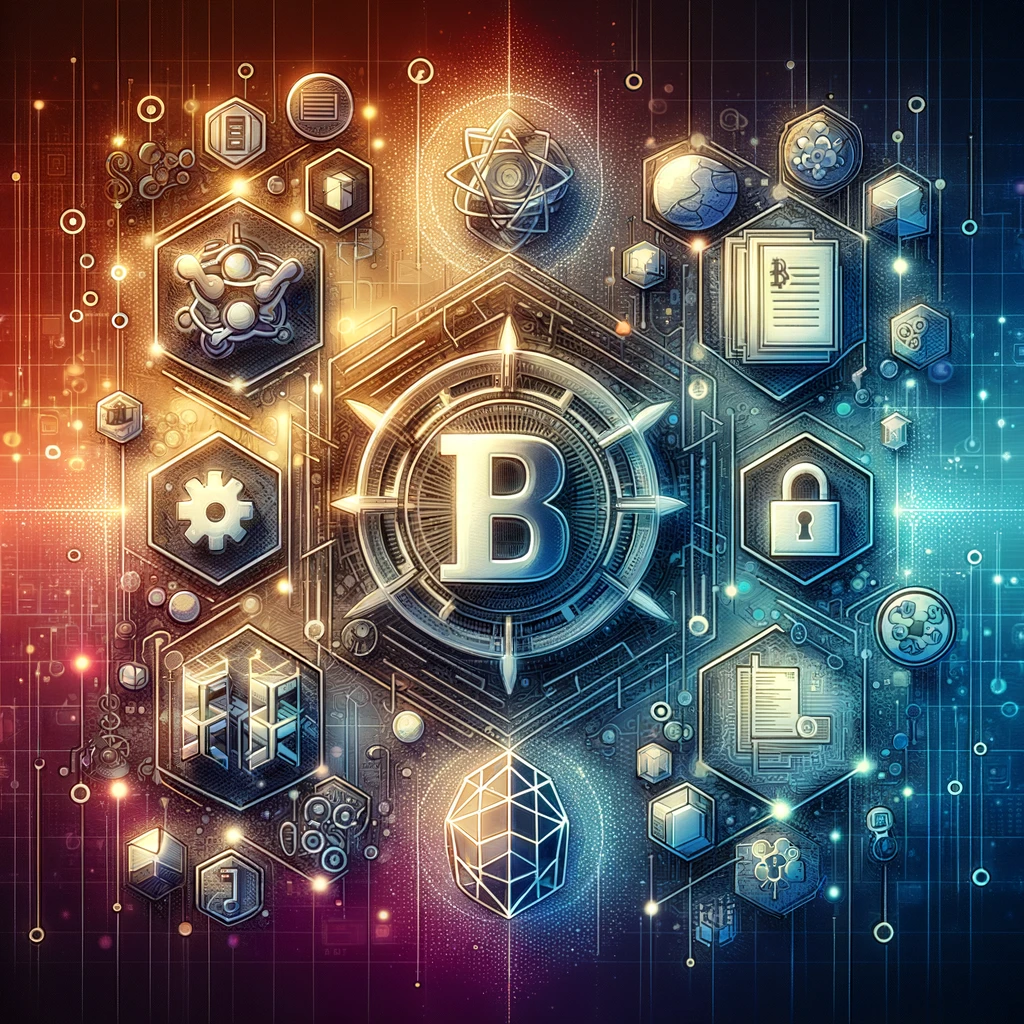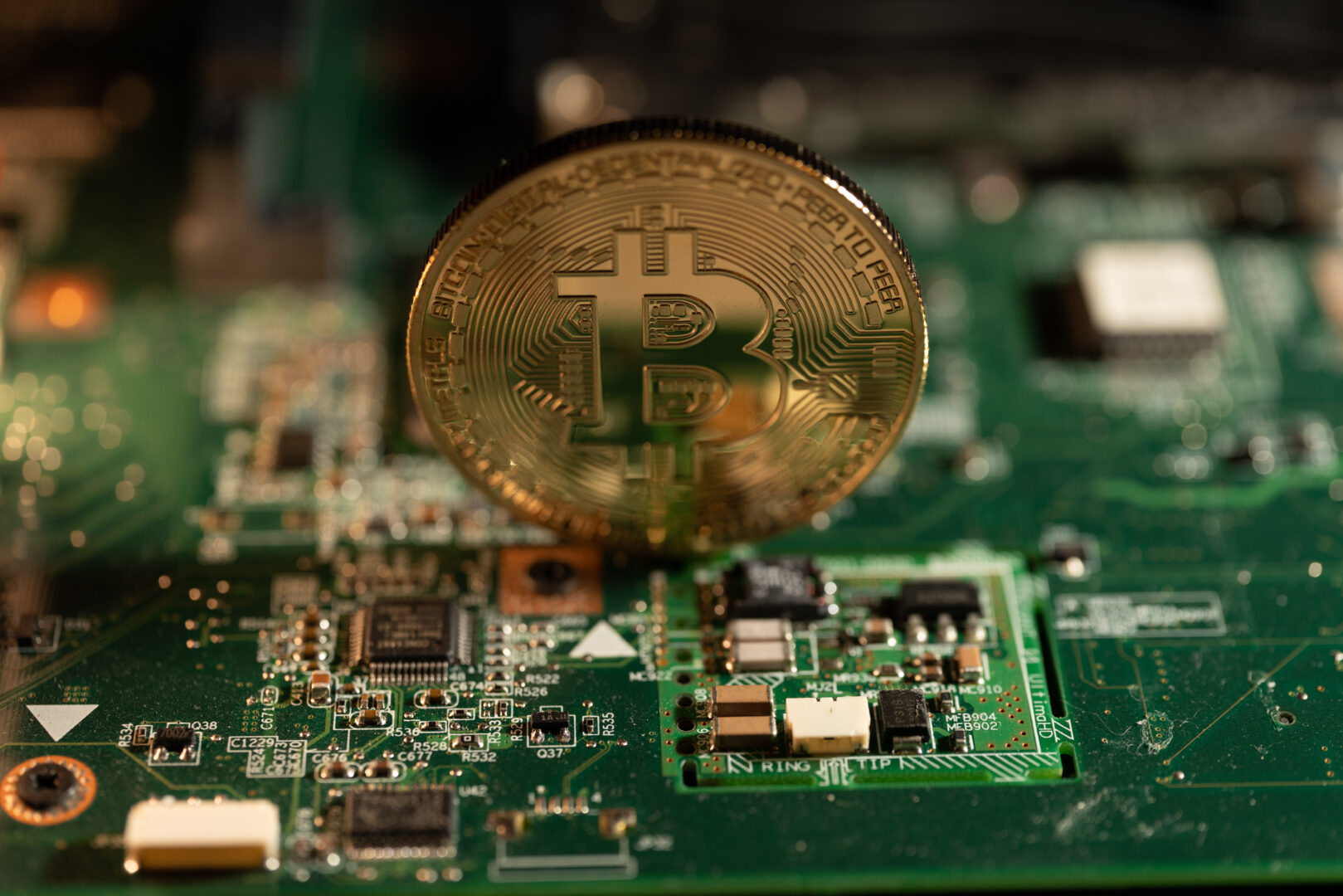Blockchain Comparision
The Comparison Table
In the following table, I compare the properties of some blockchains. It is intended to provide an overview and help me decide which blockchains I should explore further. The table was created on March 2, 2024, by ChatGPT. The selection of blockchains is based on market capitalization, from Bitcoin (BTC) to Polkadot (DOT), these are the twelve blockchains with the highest market capitalization. Currencies that rely on smart contracts, such as Lido Staked Ether (STETH) or stablecoins like USDT, are not considered.
Additionally, I have included some less capitalized blockchains because they pursue particularly interesting approaches:
- ATOM: Cosmos is known for its Inter-Blockchain Communication (IBC), allowing different blockchains to communicate and exchange values.
- MON: Monero is known for its strong emphasis on anonymity and privacy in transactions through the use of advanced encryption methods such as ring signatures and stealth addresses.
- ALGO: Algorand offers high scalability and fast transaction speeds through its unique Pure Proof of Stake (PPoS) consensus model, which also contributes to higher energy efficiency.
- XTZ: Tezos is notable for its unique on-chain governance model, allowing the community to vote on protocol changes without requiring a hard fork.
- ZEC: Similar to Monero (MON), Zcash focuses on privacy, but it uses other technologies (e.g., zk-SNARKs) to ensure the anonymity of transactions.
Tabular Comparison
| Symbol | Description | Smart-Contract | Fee | Privacy | Interoperable | Decentralized | Development | Control |
|---|---|---|---|---|---|---|---|---|
| Purpose, Philosophy, Unique Features | X: yes –: no |
1: cheap 10: expensive |
1: protected 10: unprotected |
X: yes –: no |
X: yes –: no |
|||
| BTC | First cryptocurrency, peer-to-peer, digital gold | – | 5 | 10 | – | X | Voluntary | Decentralized |
| ETH | Smart-Contract platform, DeFi and dApps | X | 7 | 10 | – | X | Voluntary | Foundation |
| BNB | Binance Exchange Token, reduces fees, Smart-Contract platform | X | 4 | 10 | – | – | Paid | Company |
| SOL | Scalable blockchain for dApps, fast transactions | X | 3 | 10 | – | X | Paid | Foundation |
| XRP | Fast international payments, banking focus | – | 2 | 10 | – | – | Paid | Company |
| ADA | Scientific approach, safe, scalable, Smart Contracts | X | 3 | 10 | – | X | Voluntary | Foundation |
| DOGE | Meme-based, community focus, tips | – | 4 | 10 | – | X | Voluntary | Decentralized |
| AVAX | Fast, scalable platform, DeFi, low fees | X | 3 | 10 | X | X | Voluntary | Foundation |
| SHIB | Meme-based, community and DeFi projects | X | 4 | 10 | – | X | Voluntary | Decentralized |
| TRX | Content exchange, entertainment, fast transactions | X | 3 | 10 | – | X | Paid | Company |
| LINK | Decentralized oracle network, connects Smart Contracts with real data | X | 4 | 10 | – | X | Voluntary | Company |
| DOT | Interoperability between blockchains, parachains | X | 4 | 10 | X | X | Voluntary | Foundation |
| ATOM | Inter-Blockchain Communication, unites various blockchains | X | 3 | 10 | X | X | Voluntary | Foundation |
| MON | Focus on anonymity and privacy, ring signatures | – | 6 | 1 | – | X | Voluntary | Decentralized |
| ALGO | PPoS, fast transactions, low fees, scalable | X | 2 | 10 | – | X | Paid | Foundation |
| XTZ | On-Chain Governance, formal verification, self-amendment | X | 3 | 10 | – | X | Voluntary | Foundation |
| ZEC | Privacy with zk-SNARKs, optional transparency | – | 5 | 2 | – | X | Voluntary | Foundation |
Criteria for Blockchains
In my view, the most important aspect of a blockchain is primarily how independent it is from individual companies or persons, how well it is protected from government interventions, and privacy protection measures. The second important criterion is the spread, hence the sorting by market capitalization. The more widespread a blockchain, the more it serves as an exchange for an alternative currency and the more likely its long-term survival. In addition to the spread, the level of transaction fees is relevant to establish itself as an alternative currency; payments should be fast and cheap, as independent as possible from the currency’s value. And finally, the last criterion is the availability of capabilities like Smart-Contracts or the interoperability between blockchains, enabling entirely new applications, such as trust without intermediaries and completely decentralized, uncontrolled, and free trading platforms.
Ranking and Recommendation
Based on this, I come to my personal ranking and my personal recommendation, not as investment advice but based on utility, safety, and technology:
- BTC: Bitcoin can serve as a sustainable store of value, similar to gold, and protect assets from government interventions such as expropriation or inflation. Its wide distribution and high market capitalization make it the leading cryptocurrency in terms of independence and decentralization.
- ETH: Ethereum is highly valued for its comprehensive support of Smart Contracts and the ability to host decentralized applications. Despite higher transaction fees, it is a central pillar in the crypto ecosystem with a strong developer community and high market capitalization.
- ADA: Cardano offers an attractive alternative with its scientific approach and focus on safety and scalability. It supports Smart Contracts, aims for low transaction fees, and pursues a sustainable approach in the development of dApps and financial applications.
- MON: Monero stands for strong anonymity and privacy in transactions. It offers advanced encryption methods that allow users to act without leaving traces, making it particularly interesting for users who value protection from surveillance and interventions.
- SOL: Solana is valued for its high scalability and fast transactions. Despite some criticisms, such as questions about decentralization, it offers a cost-efficient platform for dApps and could establish itself as an alternative currency due to its strong distribution.
- DOT, ATOM: Polkadot and Cosmos are highlighted for their ability to interoperate between blockchains. They enable the networking of various blockchains, opening the potential for new applications and strengthening the ecosystem through simplified collaboration and value transfer.
- XRP: Despite its dependence on a company, Ripple has the potential to revolutionize international payment transactions. Its technology enables fast and cost-effective cross-border payments, making it particularly attractive for banks and financial institutions.


